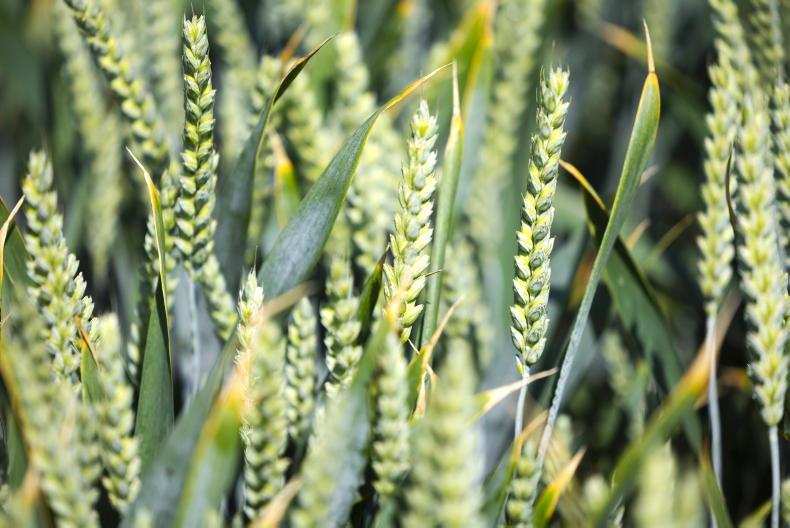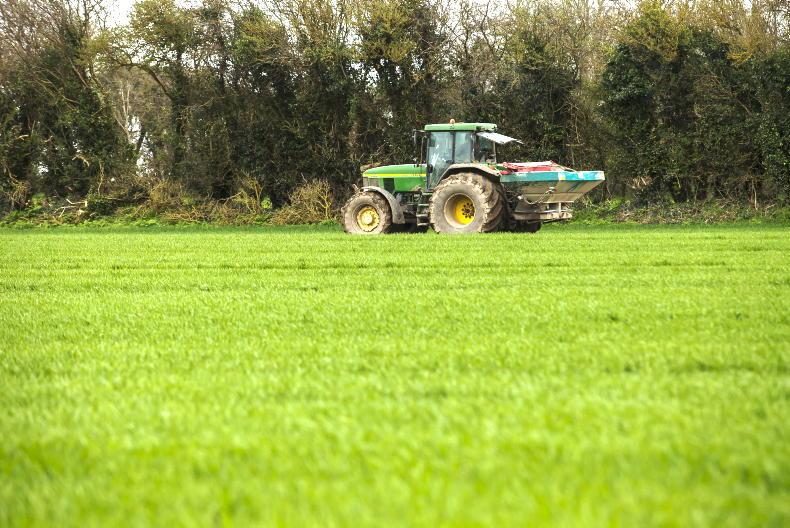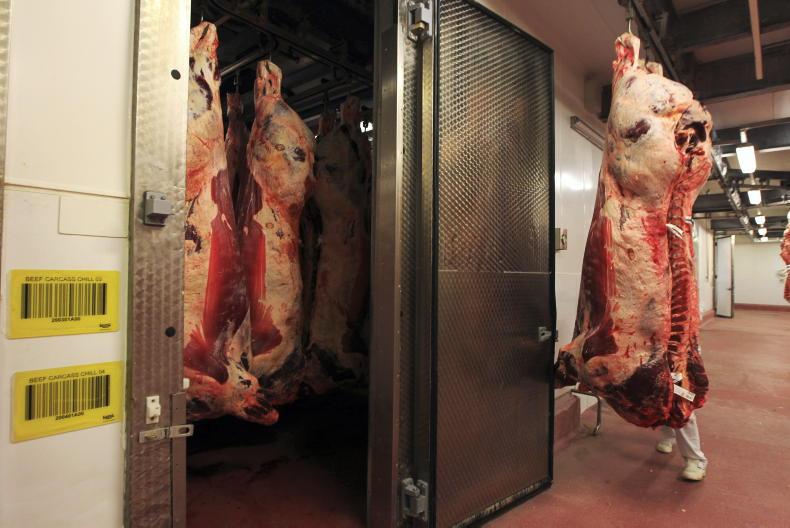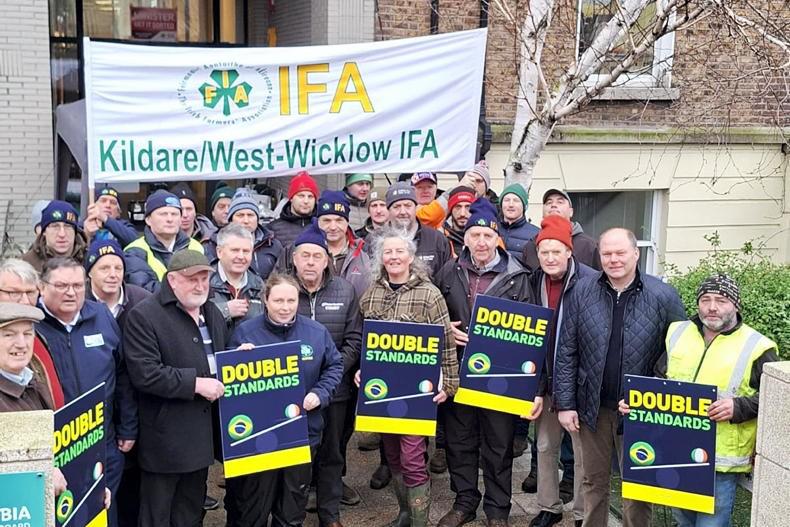An increase in suckler cow supports to €300/cow, and a hike in payments on breeding ewes to €35/head are two of the key proposals from the Irish Cattle and Sheep Farmers Association (ICSA) in its Budget 2025 submission.
The drystock farmer group has also proposed a dairy-to-beef scheme paying €150/hd which would be focused on those rearing the calves.
The ICSA claims the increase in payments is justified given the significant farm management changes which are being sought to meet heightened climate, biodiversity, and water quality targets.
Drystock farms have to be economically viable to sustain the increased effort required to meet the higher standards, the ICSA maintained.
ICSA proposes increasing the funding to the Beef Welfare Scheme to deliver €300 per cow when combined with the Suckler Carbon Efficiency Programme (SCEP).
The association proposes that the welfare scheme should deliver options for:
€60 for meal feeding; €50 for two vaccinations; €40 for myostatin testing and welfare protocols around weaning and dehorning. Additionally, ICSA has called for the cap limiting payments to 40 eligible animals to be removed.
In terms of payments on sheep, the ICSA has called for total supports to increase to €35 per breeding ewe.
The National Sheep Welfare Scheme and Sheep Improvement Scheme deliver €8/hd and €12/hd respectively. The ICSA proposes further additional payments, possibly for actions such as dipping and shearing.
Among the ICSA’s other recommendations are:
A €250/ha, five-year payment for tillage farmers;€7m to be allocated to cover the cost of BVD tagging;A €5,000/ha payment to farmers who clear ash sites and re-establish new forests;All environmental scheme payments to be tax free;Capital Gains Tax rate to be reduced to 30%;All the reliefs which apply to PAYE to also apply to USC, including capital allowances and pension contributions.
An increase in suckler cow supports to €300/cow, and a hike in payments on breeding ewes to €35/head are two of the key proposals from the Irish Cattle and Sheep Farmers Association (ICSA) in its Budget 2025 submission.
The drystock farmer group has also proposed a dairy-to-beef scheme paying €150/hd which would be focused on those rearing the calves.
The ICSA claims the increase in payments is justified given the significant farm management changes which are being sought to meet heightened climate, biodiversity, and water quality targets.
Drystock farms have to be economically viable to sustain the increased effort required to meet the higher standards, the ICSA maintained.
ICSA proposes increasing the funding to the Beef Welfare Scheme to deliver €300 per cow when combined with the Suckler Carbon Efficiency Programme (SCEP).
The association proposes that the welfare scheme should deliver options for:
€60 for meal feeding; €50 for two vaccinations; €40 for myostatin testing and welfare protocols around weaning and dehorning. Additionally, ICSA has called for the cap limiting payments to 40 eligible animals to be removed.
In terms of payments on sheep, the ICSA has called for total supports to increase to €35 per breeding ewe.
The National Sheep Welfare Scheme and Sheep Improvement Scheme deliver €8/hd and €12/hd respectively. The ICSA proposes further additional payments, possibly for actions such as dipping and shearing.
Among the ICSA’s other recommendations are:
A €250/ha, five-year payment for tillage farmers;€7m to be allocated to cover the cost of BVD tagging;A €5,000/ha payment to farmers who clear ash sites and re-establish new forests;All environmental scheme payments to be tax free;Capital Gains Tax rate to be reduced to 30%;All the reliefs which apply to PAYE to also apply to USC, including capital allowances and pension contributions. 








SHARING OPTIONS